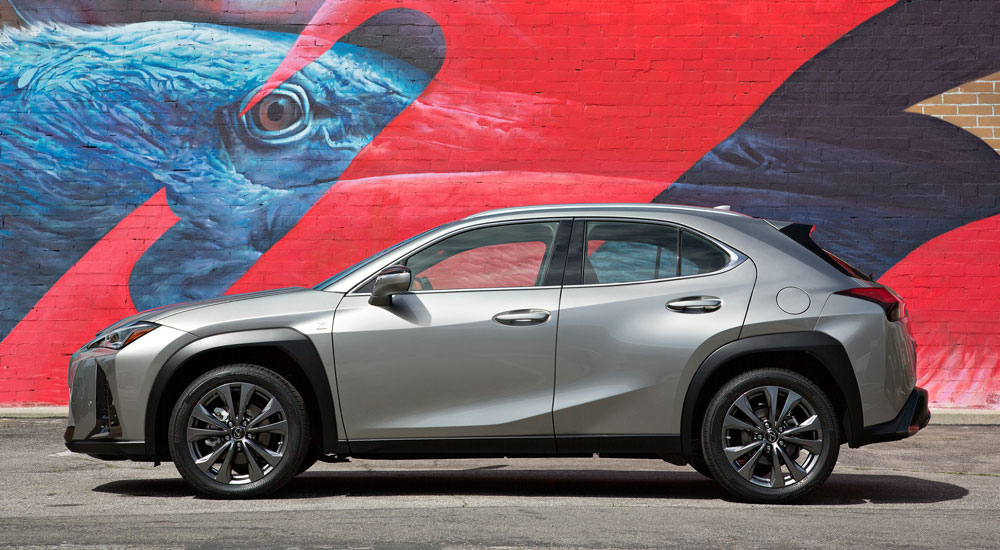To mark the North American debut of the UX crossover, here’s a new photo collection from Lexus USA:

Posted by ![]() Kevin on March 27th, 2018
Kevin on March 27th, 2018
To mark the North American debut of the UX crossover, here’s a new photo collection from Lexus USA:
Sorry. No data so far.

Comments